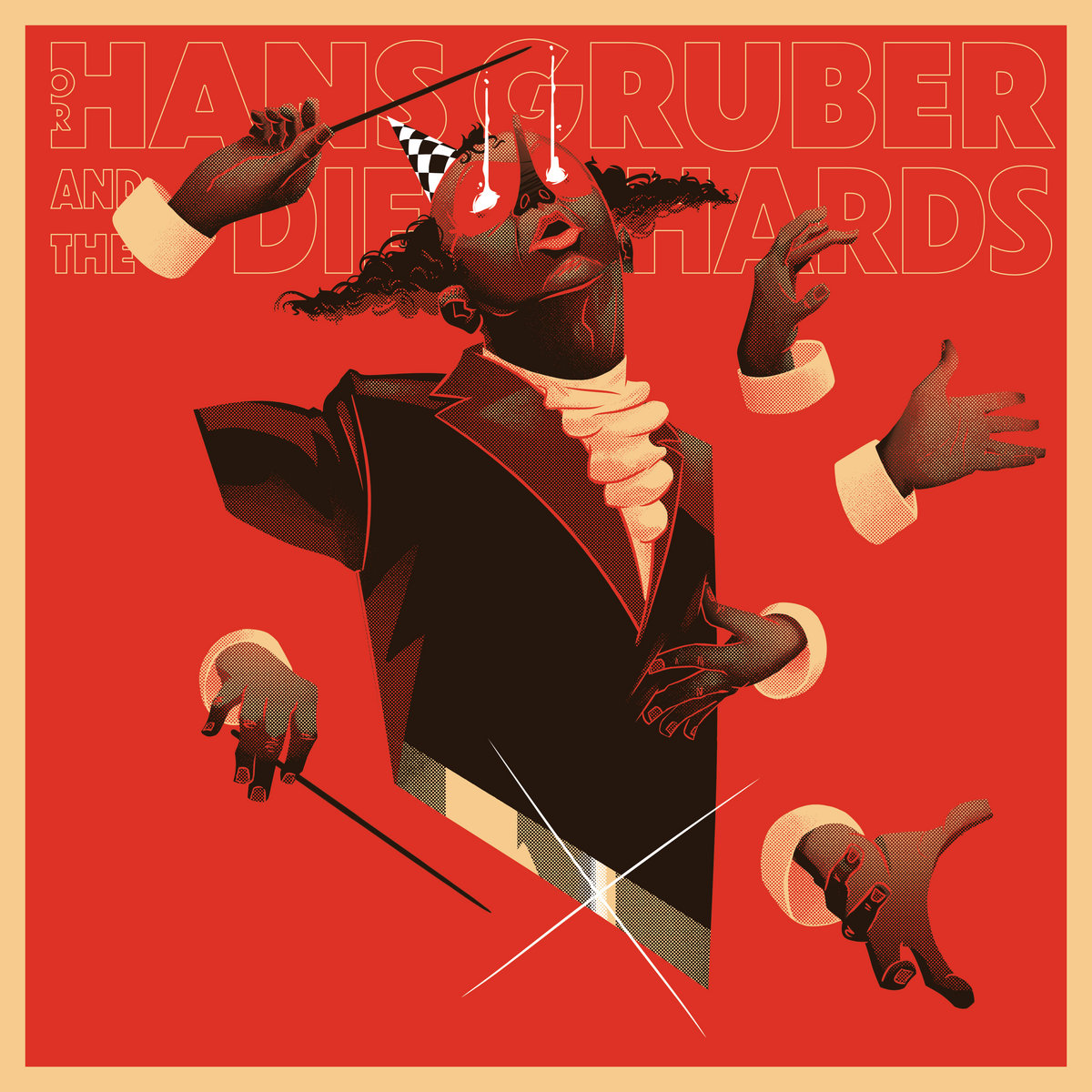Destiny Bond – The Love | Album Review
/Convulse Records
It was late December 2023, and I was sleeping on my friend’s couch, watching over her cat, Gremlin, while she was away for Christmas. My girlfriend was back home in Kansas, so there was no one to miss my side of the bed being filled. I haven’t gone home to Kansas for the holidays since I started transitioning because I prefer the isolation of the empty city to the suffocating panopticon of blood.
I left my phone playing Violent Treatment’s year-end episode in the living room as I brushed my teeth. I had spaced out because they were focusing on records I already knew I didn’t care for, but still wanted to hear voices talking about something. I came out of the bathroom and heard someone say, “This is for all the trans kids,” and scrubbed back in the episode to hear them talking about the band Destiny Bond.
The Denver-based hardcore band makes records that beg people to connect. On their debut record, Be My Vengeance, vocalist Cloe Madonna vows allegiance to everyone that the ruling class tosses aside. That record’s title comes from “The Glow,” an anthemic promise that we collectively will be the light that guides each other out of the dark. Hearing that, alone over the holidays, was exactly what I needed.
Destiny Bond’s sophomore album, The Love, begins with a heartbeat. A needed reminder of where all this shit comes from. The rest of opening track “Destiny Song” doubles down on everything that made Be My Vengeance an instant hit: melodic guitar parts, lyrics valorizing interconnectedness, and a rhythm section so propulsive it feels they’re trying to make you lift off. This time, Madonna fills her vocals with swagger from the very first line: “I’m bound to you / you’re bound to me / baby we’re bound by / destiny.” We’re bound together in the face of our lives being treated like jokes, or as Madonna puts it on the lead single, “now you use my, my / my peace as a punchline.”
Destiny Bond doesn’t just write songs that beg for collective solutions to terminal problems; some of the band’s best tracks are the ones where they point the finger at themselves. On “Lookin’ For A Fight / Done Lookin’” Madonna sings a reminder to pause, recognizing that reacting out of fear might just cause more pain to someone she loves: “I gotta stop myself / before I react again this time.” Earlier in the record on “Free Me,” she spirals into a desperate battle with depression while Adam Croft’s jackhammer drumming pounds into your brain like the repetitive thoughts our narrator is stewing in.
As the chorus of “Fix” attests, “being human doesn’t need fixed.” Every time a stranger on the street stares at me with judgement for my performance of femininity, every time a family member calls me by my deadname, every time a new piece of legislation gets passed limiting access to trans healthcare, I think about the other lyric that makes up the chorus: “get a fucking grip.” It is a finger pointed at every bigot in the world, all the racists, all the homophobes, and all the genocide deniers. It shows that real peace comes from letting go of invented problems that aim to divide and distract us from the strength we can find coming together in the face of those in power.
But half the time I listen to “Fix,” it also feels like that line is pointing at myself. Every time I have questioned my right to claim womanhood because of deeply internalized transphobia, I have to pull myself by my collar and yell, “Tell me why you’re so scared to accept the things you haven’t chosen?”
Immediately after “Fix”, album closer “Don’t Lose Control” cuts off every thought of an anxious mind. Madonna and her band chase after the listener on the verge of a breakdown. Each verse races ahead as Madonna acknowledges concerns and vulnerabilities but meets them with comfort and care. Then, when you expect a chorus, the band hits this synchronized moment that feels like floating as Madonna shouts “the only way not to lose control” right before the band plummets back to Earth on the next verse. It is an instant of outright beauty and, almost, calm. After a record designed to get the pit moving, “Don’t Lose Control” ends on a note of grace.
What I leave the record thinking about is what Madonna sings on the classic rock stomper “Can’t Kill The Love,” her plea to “Stop searching for gold / start looking for what feels right to hold.” When the record ends with that heartbeat coming back, it feels like holding the band’s collective heart in my hands, and it feels good. It feels good because holding each other feels right.
Lillian Weber is a fake librarian in NYC. She writes about gender, music, and other inane thoughts on her substack, all my selves aligned. You can follow her on insta @Lilllianmweber.





